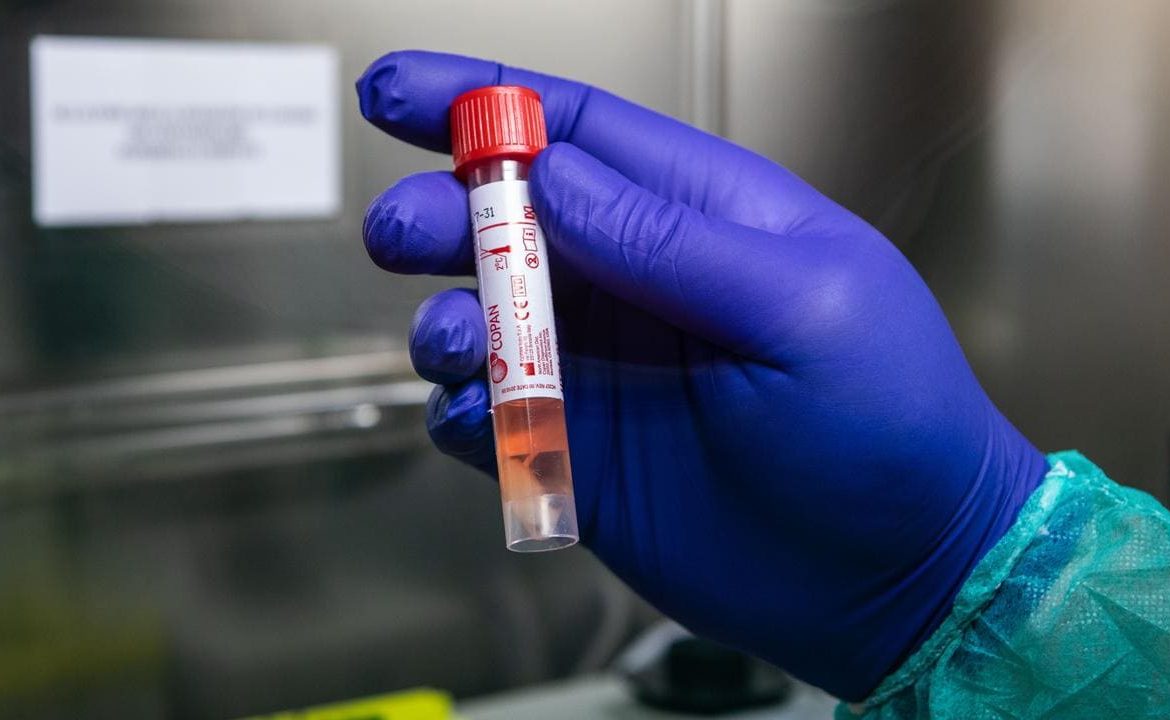Evidence of the coronavirus which causes COVID-19 disease was detected in a four-year-old Milan boy months before Italy recorded its first case, researchers say.
Chronologically, the finding also precedes the cases of “viral pneumonia” linked to a seafood market in Wuhan, China and reported on December 31, 2019.
Speaking about the boy, Professor of Global Health at the University of Milan, Mario C. Raviglione, told Sky News: “A year ago, this child started having symptoms on the 21st of November, which means that assuming there’s an incubation period of three to four days, some time around the middle of November he was infected.”
Italy’s first known COVID-19 case was reported in the Lombardy region on February 21, 2020 and as the first Western country to be hit by the virus, it became the European epicentre.
It reported almost 20,000 new infections and 649 new coronavirus-related deaths on Saturday, bringing its toll to 64,036.
RELATED: Follow our live coronavirus updates
According to a research letter in the Emerging Infectious Diseases Journal, published online this week by the US Centers for Disease Control and Prevention, the four-year-old Milan boy had a cough and a rhinitis – inflammation and swelling of the mucous membrane of the nose – on November 21, 2019.
“About a week later (November 30), he was taken to the emergency department with respiratory symptoms and vomiting,” it reads.
“On December 1, he had onset of a measles-like rash.”
The researchers noted COVID-19 symptoms include “a Kawasaki disease-like multisystem inflammatory syndrome and skin manifestations that accompany common viral infections such as chickenpox and measles”.
They said the boy’s clinical course such as changes to his skin “resembles what has been reported by other authors” during the COVID-19 pandemic, “and several studies have noticed a later onset in younger patients”.
A throat swab was taken on December 5, two weeks after symptom onset, for clinical diagnosis of suspected measles.
The specimen tested positive for severe acute respiratory syndrome coronavirus 2 RNA (SARS-CoV-2 RNA).
The finding came about after University of Milan researchers noticed cases of suspected measles during Europe’s late autumn in patients who eventually tested negative for measles.
They “retrospectively” looked into the possibility of SARS-CoV-2 in the “non measles-linked rash cases” and analysed swabs collected between September 2019 and February 2020 from 39 patients, aged between eight months and 73 years.
The swab from the four-year-old boy, who lived in the surrounding Milan area and had no reported travel history, was the only one to test positive.
“This finding is of epidemiologic importance because it expands our knowledge on timing and mapping of the SARS-CoV-2 transmission pathways,” the research letter states.
“Long-term, unrecognised spread of SARS-CoV-2 in northern Italy would help explain, at least in part, the devastating impact and rapid course of the first wave of COVID-19 in Lombardy.”
Additionally, a sewage study by the Italian National Institute of Health “unequivocally demonstrated” the presence of the virus in Milan wastewater as early as mid December 2019.
The boy’s swab showed “100 per cent identity” to the coronavirus strain in Wuhan, “as well as to sequences of other SARS-CoV-2 strains circulating worldwide at a later stage”, the researchers said.
“Therefore, accurately determining the origin of the identified strain was not possible.”
They said the swab was “not optimal” to detect the coronavirus causing COVID-19 because it was taken from the boy’s throat for the purpose of diagnosing measles and not the nose.
It was also collected 14 days after his symptom onset meaning viral shedding was reduced.
The researchers said further studies aimed at detecting SARS-CoV-2 RNA in suitable archived samples will be “crucial” to determining the timeline of the COVID-19 epidemic in Italy.
Experts believe the coronavirus likely came from bats and through an intermediate host, with human-to-human transmission confirmed by Chinese authorities in January 2020.
Theories have swirled about whether the pangolin was the animal acting as the go-between.
Professor David Robertson, Head of Viral Genomics and Bioinformatics at the University of Glasgow, was among a team of experts to trace the evolutionary origins of the coronavirus.
“Collectively our analyses point to bats being the primary reservoir for the SARS-CoV-2 lineage,” the article, published in the Nature Microbiology Journal in July 2020, states.
“While it is possible that pangolins, or another hitherto undiscovered species, may have acted as an intermediate host facilitating transmission to humans, current evidence is consistent with the virus having evolved in bats resulting in bat sarbecoviruses that can replicate in the upper respiratory tract of both humans and pangolins.”
Prof Robertson told The Lancet: “The virus would not need to evolve in the pangolin, it would just need to be brought into contact with humans.”







